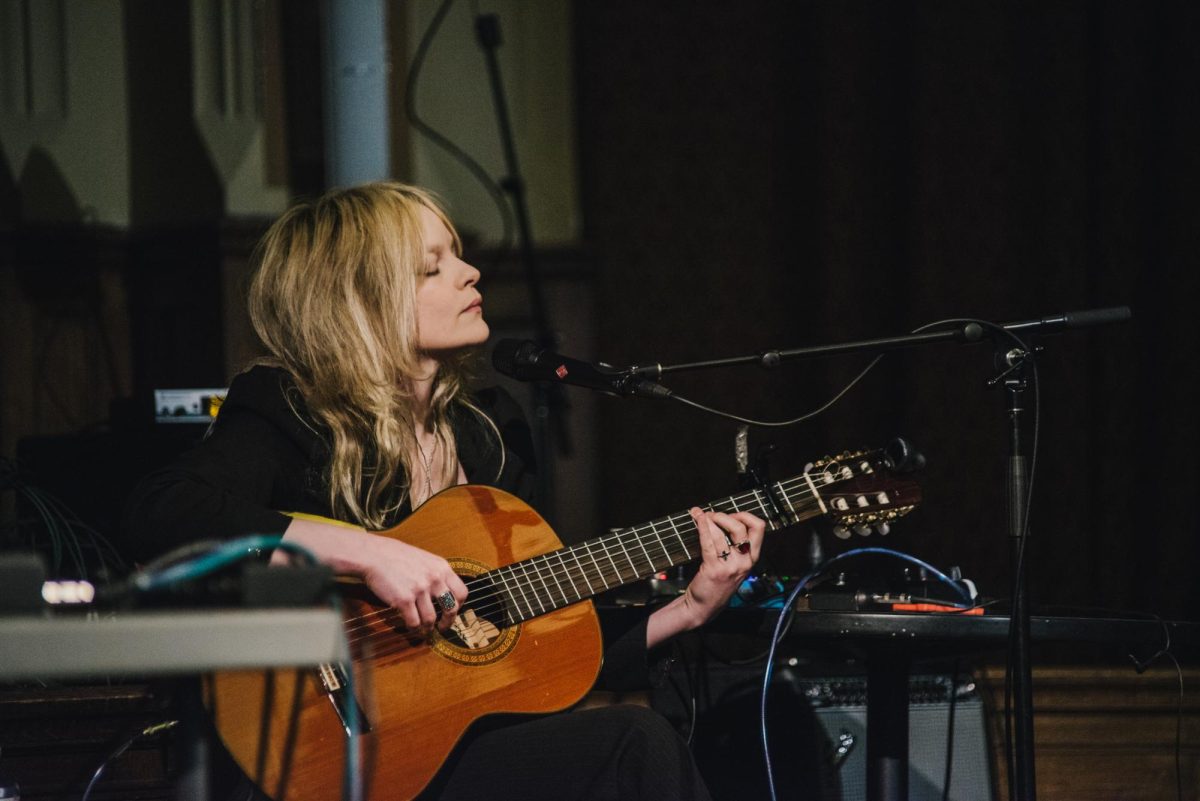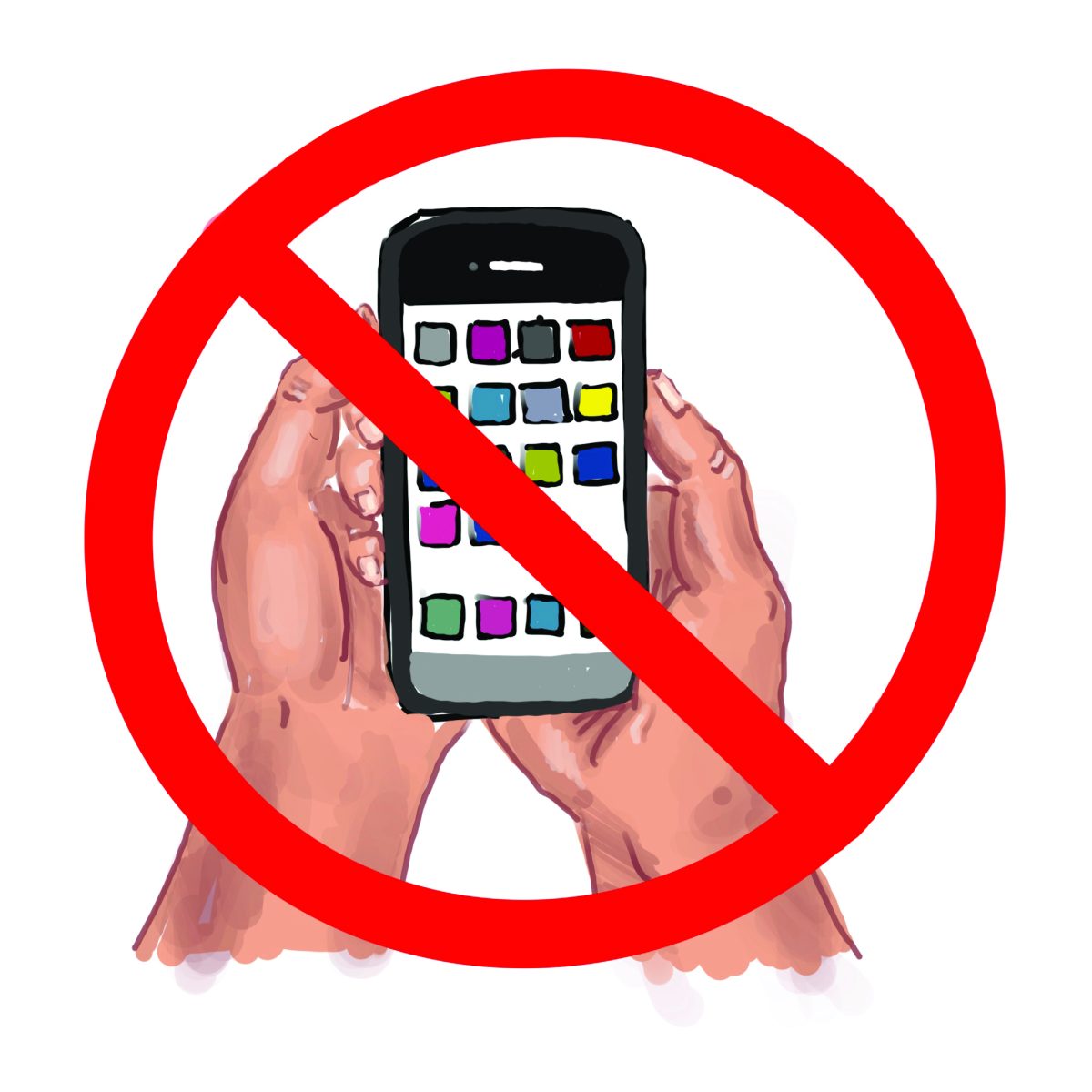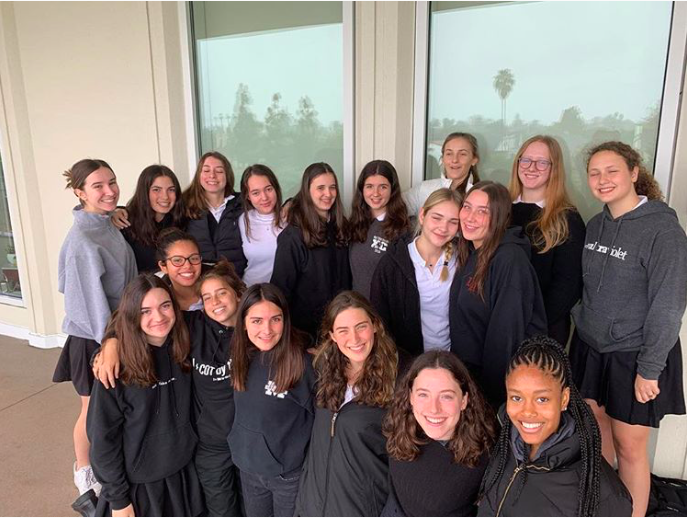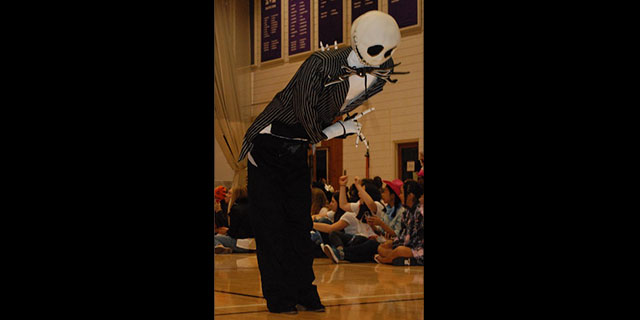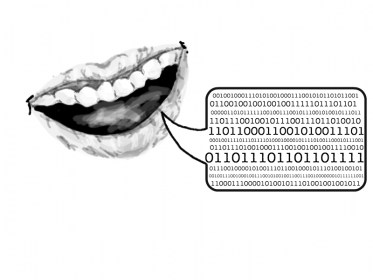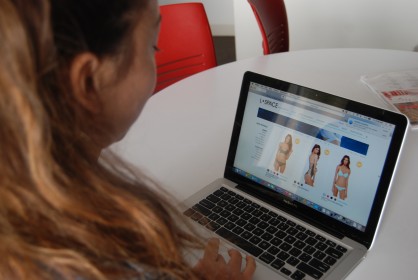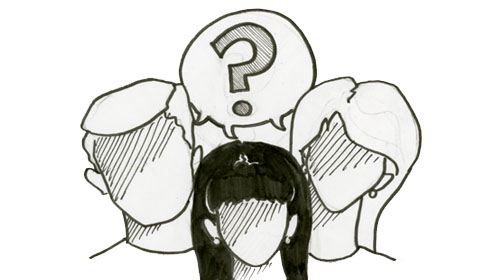
In this section, we aim to shed light on what we view to be a glaring divergence of opinions between our parents’ generation and our own. We seek to voice our perspective on matters that cause friction between the old and the young.
Student perspective by Christina ’14
While visiting a college this spring break, I was pleased when an admissions officer mentioned during an information session the thriving Lesbian Gay Bisexual Transgender Questioning (LGBTQ) community on campus: going to a School that is accepting and diverse is important to me. However, this emphasis on diversity confused my father.
Leaning across the desk between us, his brow furrowed, he whispered, “What do all those letters mean?”
I explained quickly as we filed out of the auditorium to begin the tour, but his question lingered in the back of my mind for the rest of the day. How could it be that my father, one of the most well-informed people I know, didn’t recognize an acronym used frequently in discussions ranging from political debate to social activism posts on Tumblr?
LGBTQ rights are a central issue for our generation, as demonstrated by the outrage that flooded Tumblr in the aftermath of Proposition 8’s passage in 2008, the influx of red-equal-sign profile pictures on Facebook and throngs of young adults protesting outside the Supreme Court during the Proposition 8 and Defense of Marriage Act hearings in March. Teenagers, especially in Los Angeles, are engaged and passionate about equality in a way that they have never been before. According to a poll conducted by CBS, 73% of people under 30 support gay marriage.
And that’s exactly the problem: our parents’ generation fought for gender and racial equality, but generally had very little knowledge about the LGBTQ community besides watching Tom Hanks in Philadelphia. Most of our parents are not necessarily homophobic; they’re just uninformed, because most queer people in their generation remained closeted for much longer than people in our generation will.
However, ignorance does not excuse the perpetuation of offensive and harmful judgments. One friend’s father used a homophobic slur to describe a character on Modern Family while the two were watching TV together. Another’s friend mother insisted that bisexuality wasn’t a legitimate sexual orientation. Parents are more likely to view sexuality as binary between homosexuality and heterosexuality, but we are more likely to see sexuality as a spectrum, with more fluid categories identified by terms like queer or pansexual.
As citizens of a changing national community, in which acceptance and understanding are becoming widespread, our parents have the responsibility to educate themselves. Whether or not a parent supports a specific policy, such as gay marriage, is not as important as whether or not that parent is open-minded, willing to listen in a discussion about these issues and accepting of however a student or a student’s friend might define her sexuality.
And yet, parents often seem unwilling to make an effort to learn about the complex and constantly evolving subject that is gender and sexuality. My parents, at least, say that they “feel uncomfortable” discussing the gender spectrum outside of the binary, among other topics. A friend’s mother informed her that mentioning a classmate’s open homosexuality was outside the bounds of “appropriate dinnertime conversation.” This aversion is probably a vestige of the social environment of our parents’ childhoods, when homosexuality was considered a taboo subject. However, LGBTQ rights is one of the most important human rights issues of the next decade. I don’t think that being “uncomfortable” is an acceptable excuse.
Part of the evolution of perspectives regarding LGBTQ rights is the increased openness in discussion: social media and pop culture have played important roles in exposing us to and allowing us to comfortably talk about minority perspectives. It should be our parents’ duty to overcome their reluctance, but it should be our duty to push them into these conversations.
It is easy to take acceptance and free conversation for granted, and having those expectations can make it difficult to confront people who are intolerant or unwilling to openly discuss their views, especially when those people are your parents. However, it should be equally uncomfortable for us to stay silent when our parents say something that we believe is offensive or inattentive. Although our initial impulse might be to dismiss our parents’ attitudes as inflexible and thus abandon the idea of discussing points of contention, it is important for continued progress that this particular subject bridges the generational gap, and for that to happen, open conversation is necessary, although not always pleasant.
Parent’s perspective by Prendiville Roux (mother of Rachel ’15)
When I was in high school, the popular shows on TV were Happy Days, Laverne & Shirley, Love, American Style and Little House on the Prairie. It was the mid-’70s and these TV worlds reflected our reality: girls dated boys, moms and dads had babies, and everyone lived happily ever after. End of story. Break for a commercial.
One show, the PBS documentary series An American Family, which aired in 1973, showed life unvarnished by a sitcom writer’s hand and a network’s red pen. At 16, living in extremely white, politically conservative Orange County, California, I was entranced by this show, which chronicled the real lives of the Loud family of Santa Barbara. One could make the argument that this was truly the first reality show–The Kardashians of their day, sans silly antics.
In the Loud family, the five kids were — at turns — happy, sad, angry, despondent, laughing, excited, bored, loving and spoiled. One son was openly gay. And the parents, Pat and Bill, actually fought, and we viewers got to watch the anatomy of a married couple scuffling, making up, fighting again and ultimately divorcing. In other words, this family was real. And in the mid-’70s, this was ground breaking.
Although our society had gone through the lessons of the ’60s, life followed the mores of the ’50s much more closely than one might imagine. Except in rare cases, the issue of being gay would be something to cover up. I will never forget the confusing mixture of sadness, pain and joy my friends and I felt for one male teacher in one our school. We loved his classes so much for how he seemed to understand us and what we needed. But we felt his life was just too hard. It seemed to us that he most certainly was gay, but he was married to a woman. We knew that there was an unspoken rule that a great man like him would have to live in a false way.
Later, in the ’80s, I moved to San Francisco after college and was working in my first job. A co-worker around my age became one of my closest friends. He was gay, but his parents and family, back East, were unaware of this fact. When his parents would come visit, they would regale our group of friends with stories of their other children, who had twins, and kindergarten graduations, and birthday parties, and—again, it was unspoken—lives. It was as though until my very talented, wonderful friend found a woman to love, his life would not begin. I had the same feelings all over again—the joy of having a great person in my life mixed with the pain of the life he had to fake.
Luckily, he didn’t fake life. Years later, we both found ourselves in Los Angeles, working new jobs in our same industry. My friend lived life to the very fullest. He still does, but the difference is, he can be 100% himself.
Now, in 2013, I am so grateful that we have come far in understanding that each of us is as different as a snowflake. I realize our world has not come far enough, but at least we’re moving in the right direction. I like that now I can watch Modern Family with my nine-year-old son and he howls at Cam, the gay husband of Mitch, and comments that the character is hilarious, never mentioning that he is gay. This gives me joy. Without pain.

